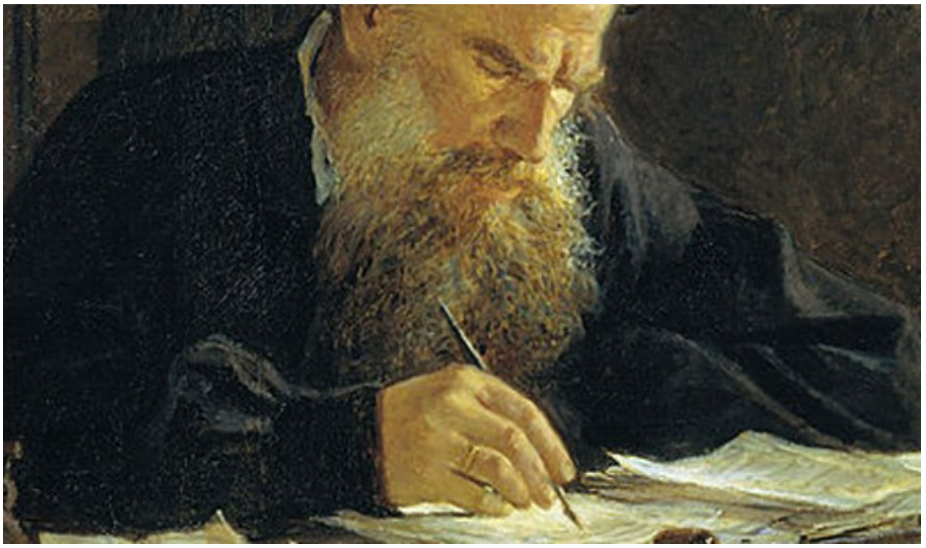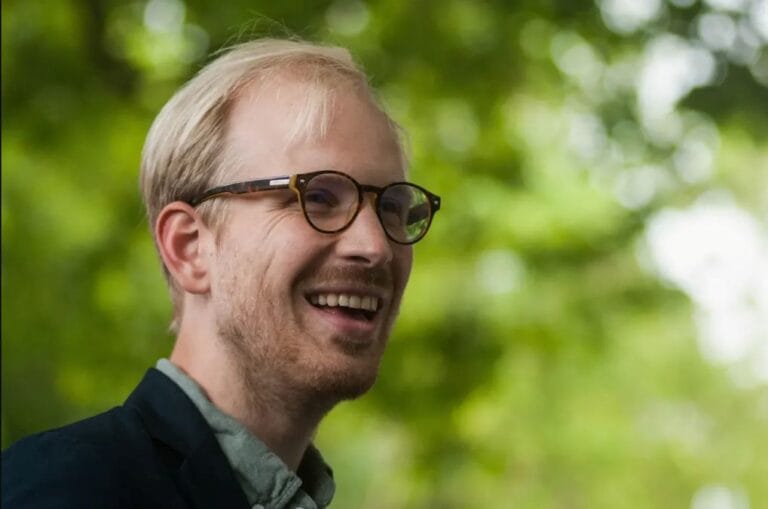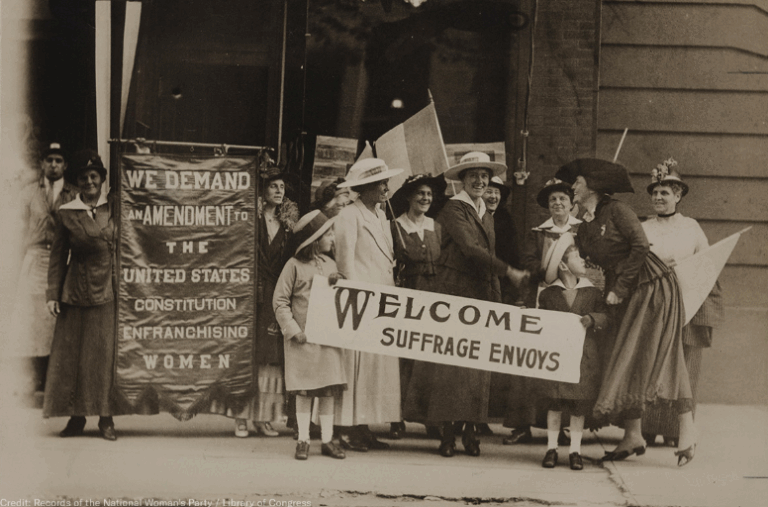Talking Big Ideas.
“A wealth of information creates a poverty of attention.”
~ Nobel Laureate Herbert Simon
Leo Tolstoy caught me off guard last week.
He showed up at our house on Tuesday. I was excited because I love getting packages in the mail. I opened the box, flipped through the Tolstoy book inside, and was hooked. Maryrose and I were about to leave for town, so I brought it with us and read passages out loud as she drove.
Titled A Calendar of Wisdom, it’s a daily reader filled with the best thoughts from the smartest people in history. Tolstoy himself read from it every day until he died. He believed the Calendar, rather than Anna Karenina or War and Peace, was his crowning achievement.
His fellow Russians loved it too. The book was a huge success – until the communists took control and banned it for nearly a century. An English translation didn’t exist until the 1990s.
As we headed into town, everything I read to Maryrose appeared full of wisdom. Then we came to this passage:
Read less.
I was puzzled. Tolstoy wrote huge books! Shouldn’t he want us to read more?
I thought about Charlie Munger, the brilliant billionaire businessman, who said, “In my whole life, I have known no wise people . . . who didn’t read all the time – none, zero.” The person who doesn’t read, as the saying goes, is no better off than the person who can’t read.
We have a rule in our house: we can buy any book that sparks our curiosity. So books show up all the time. I love reading them in my recliner. And at night in bed. Even sometimes while we’re driving down the road together.
Why would Tolstoy tell us to read less?
To make progress in our lives, he believed we must carve out lots of time to think for ourselves. And then act on our thoughts. Reading takes us away from deep reflection, self awareness, and productive action.
Tolstoy quotes the philosopher Arthur Schopenhauer to help make his case:
A constant flow of thought expressed by other people can stop and deaden your own thought and your own initiative.
Today we face a firehose of content blasting us nonstop. Endless emails, social media feeds, and glowing rectangles all around us.
Other people’s thoughts, often angry and outraged, everywhere we go.
How much time do I spend allowing other people into my head? Maryrose and I chatted about it. I thought about all the news I browse, the Twitter lists I scroll, the books I casually flip through.
It often amounts to me not thinking for myself – and procrastinating from important work.
The psychiatrist Carl Jung built a stone retreat in the woods. He’d go there to think and write, free from distractions. The author Michael Pollan followed Jung’s lead and even wrote a book about it. Tolstoy gave up newspapers and magazines and “felt so good” afterward.
I had dinner in DC recently with a popular podcaster. We talked about how we both love to trail run outside. She argued that listening to music while running is a waste of time. Better to listen to a podcast or audio book. I agreed with her.
But I thought about it more on my flight back to Colorado. And I came to disagree. There’s a pressure to always stay on top of the latest news. To always be gathering information. Always be scrolling. It’s not healthy.
If I’m honest with myself, most of the time I run I prefer silence or music – both of which allow me to relax, be present, and think.
Ideas emerge on the trail. Many of my newsletter and coaching insights pop into my head when I’m running in nature, unplugged from other people’s thoughts.
I even wrote my first draft of this piece while trail running. I spoke it into Otter.
Ever wonder why good ideas seem to pop up in the shower? It’s often the last refuge of solitude. The one time we give our minds a chance to share insights with us.
If we want to have more ideas of our own, we have to create space for them to show up. Then we can clarify, sharpen, and embrace them.
Years ago, when I was an intern at FEE, I would write articles for their website. I’ll never forget the thrill and pride of having my first piece published. Another intern asked me, “do you really believe everything you wrote?” I thought about it and answered, “honestly, I don’t know.”
The science fiction author Ray Bradbury nailed it when he wrote, “When people ask me where I get my ideas, I laugh. How strange—we’re so busy looking out . . . we forget to look in.”
For that first FEE piece I wrote, I did good research. But I only used other people’s ideas. I never looked in. I didn’t think for myself.
Tolstoy is correct: “Read less, study less, but think more.”
***
![]() IDEA
IDEA
Think for yourself.
Take a walk outside in nature. Leave your headphones at home. Listen to your own thoughts. What ideas emerge? How can you act in a way that brings them to life?
***
For more on thinking:
- #24: Create space for ideas to emerge
- #40: Are you accidentally training in hard mode?
- #7: Capture your ideas
If you find this useful, please subscribe to our free weekly newsletter.




